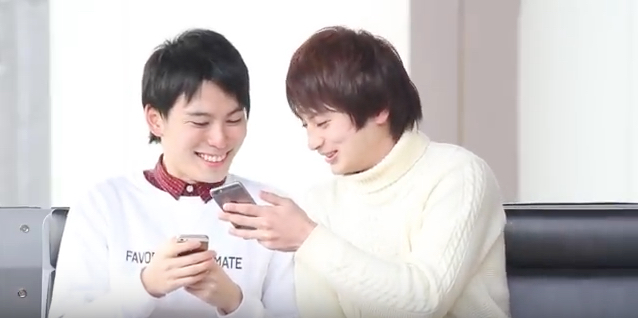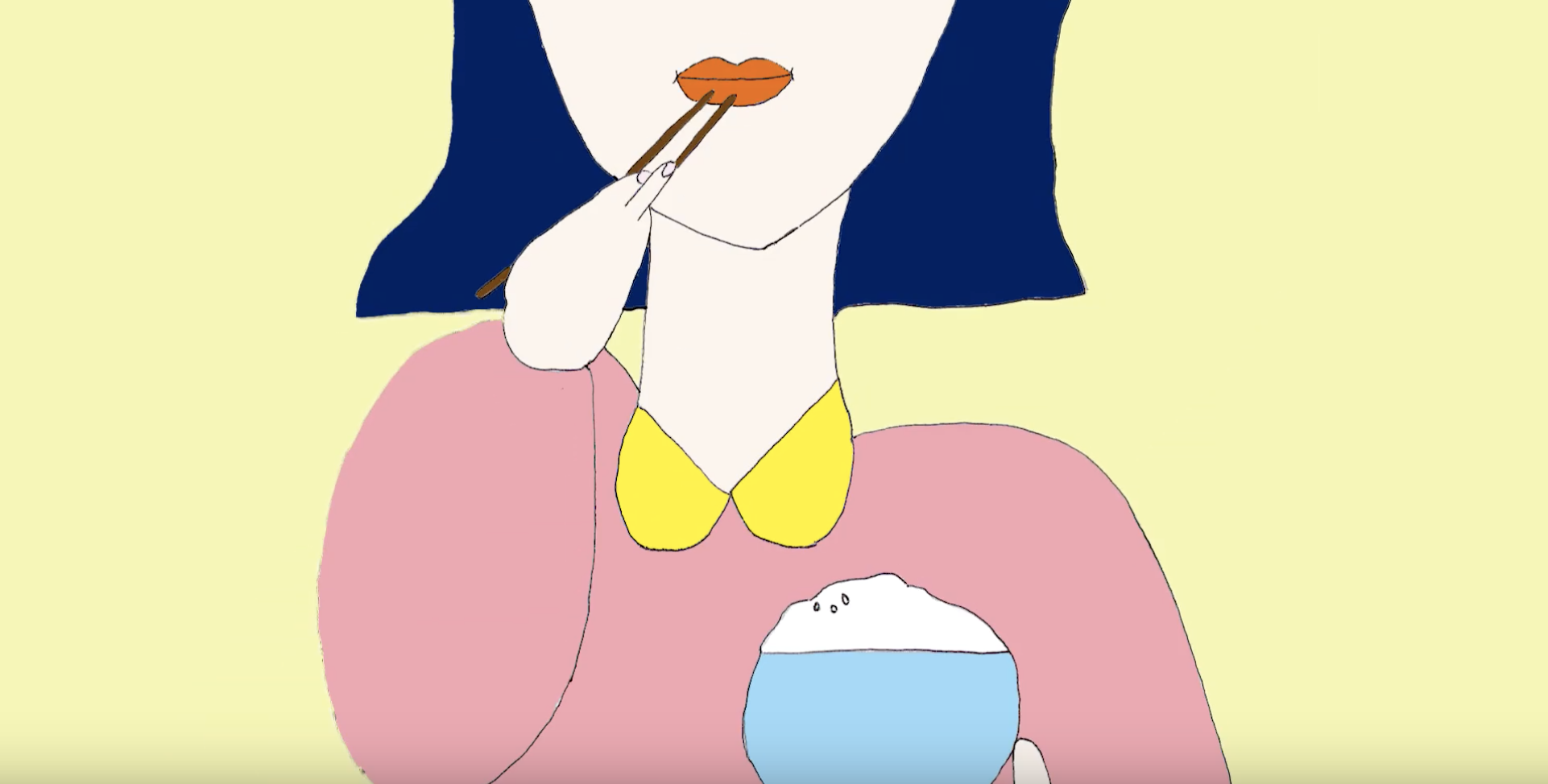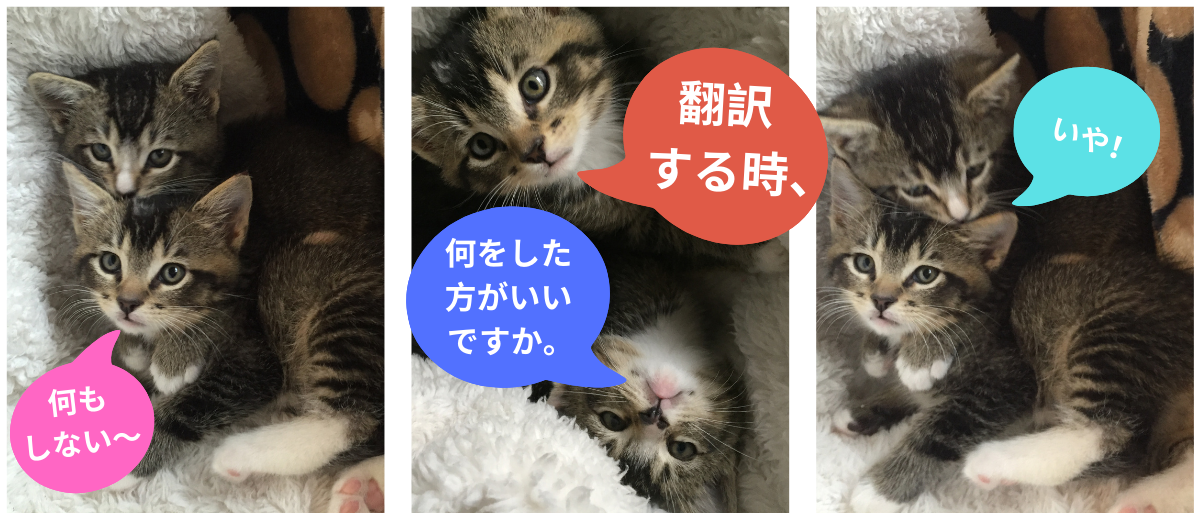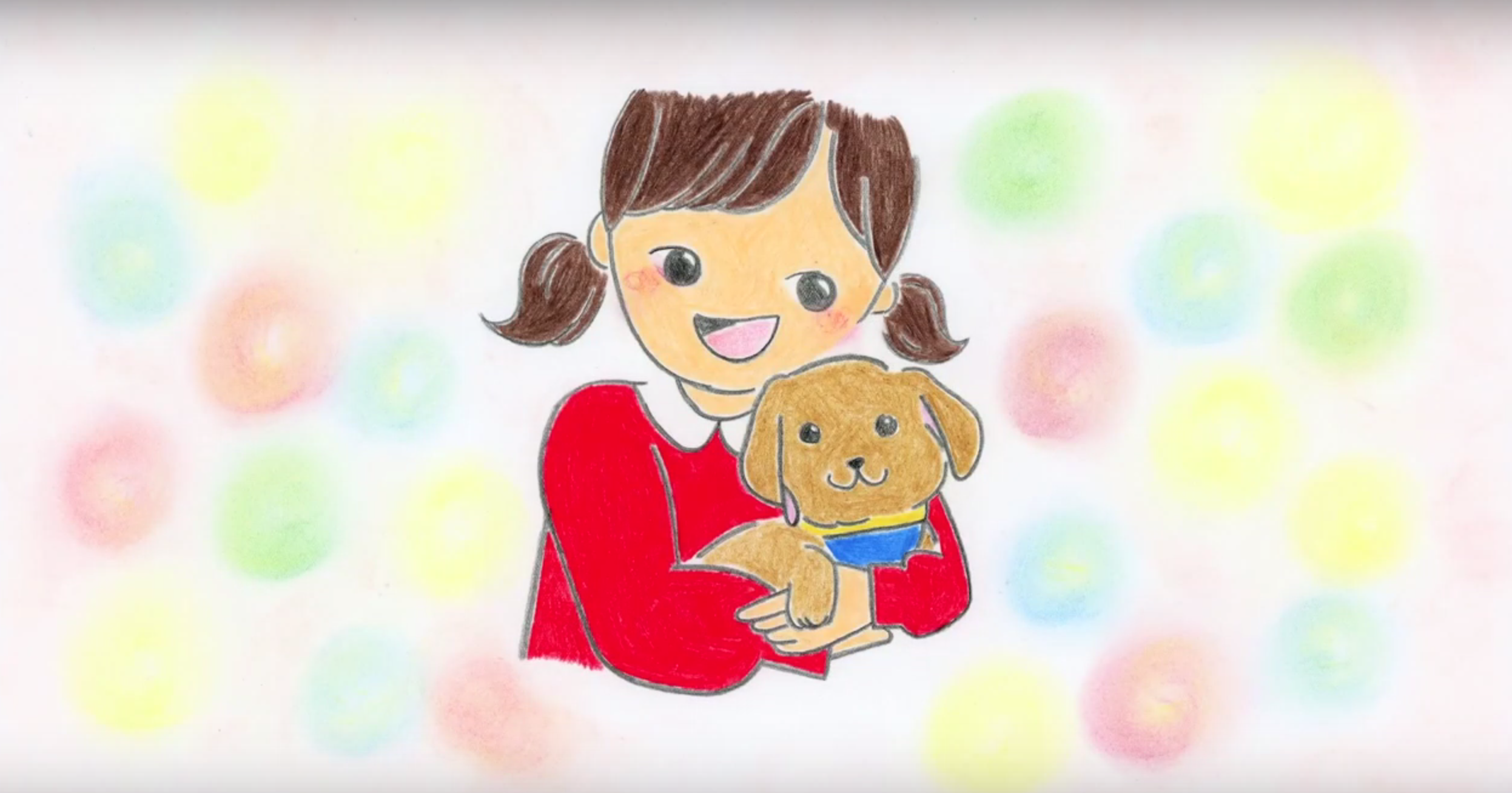Translators: Ana & Liz
Japanese script and English translation
あのね、右利きの人と左利きの人がいるでしょう?
So, there’s right handed people and left handed people . . .
それでね?
. . right?
同性を好きになる人や心の性別が違う人は左利きの人と同じぐらいいるんだって。
They say gay and transgender people are about as common as left handed people.
知ってください私たちのことを。
Take the time to get to know us.
About the Video
The purpose of this video is to raise awareness and normalize LGBT people, by using left-handedness as a comparison.
Intended Audience
This video is probably intended for people who know very little about LGBT issues, or, people who are not outrightly discriminatory but find LGBT people “strange” or “unusual.”
Challenges when translating the video clip, solutions and the rationales
One challenge in translating this video was the use of sentence ending particles in the original Japanese. These don’t exist at all in English, so the nuance of these particles must be conveyed in other aspects of the translation – we went with personable/conversational language. Another two aspects of this video that were a challenge to translate were the conversationality and the wordiness of the speech. The way this video is spoken in Japanese, when translated directly and literally into English, becomes awkward, stilted, unnatural language. Do deal with this we had to ask ourselves, “Would someone really say that?” when considering a translation.
Where the most creativity was applied
This was especially true for slogan at the end, which when translated literally would be something like, “Please know us,” which is very strange to say. We had to ask ourselves, if this were a slogan in English, in order to convey the same idea, what would be said? We eventually settled on “Take the time to get to know us” even though there is nothing about “taking the time” in the original Japanese.
Advice for students who are interested in translating videos
What is very important in translation is to think about the tone the language is trying to get across. You’re trying to convey the feeling more than a direct translation. It’s good to ask yourself, if I were to say this to someone in my own language, what would be a natural way to say it? Also, though it’s a little tedious, making an accurate transcript of the Japanese text beforehand is very useful in translation, and helps keep the translation as accurate and clean as possible.
Overall experience and thoughts on translation
Liz: I feel rather gay about the experience. It was a short and sweet message about an important topic, so making it come across the same way in English was a fun little challenge.
Ana: I really enjoyed this project, and I think translation is fun. It’s fun to think of creative solutions for expressing an idea from one language to another. I think that collaborative translation is a unique and interesting experience. It’s also very helpful because you can bounce ideas off your partner and ask, “Does this sound right?” “Do people really talk like this?”



